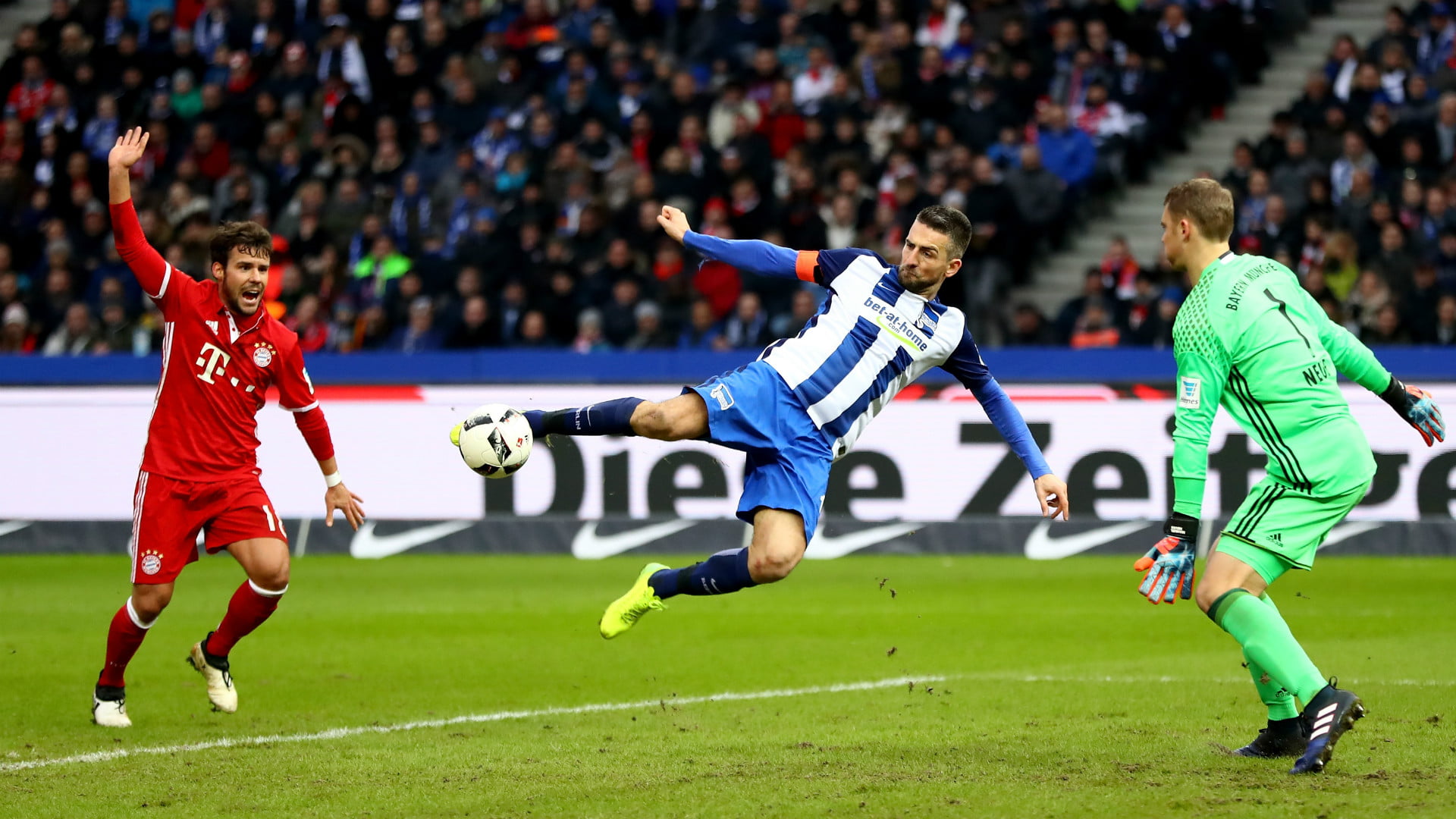The laws of football were initially drafted in 1863. Surprisingly, the offside rule still stumps many people, even after all these years. Have you ever wondered why the referee stops the game, which seems random? More often, it’s because someone has broken the offside rule in football. In this article, we’ll explain the football offside rule (Law 11) in simple terms so you’ll clearly understand when it is called a fault. We’ll also dive into the pros and cons of this rule and how it impacts the game. Stick with us as we break it all down.
What is offside in football?
The offside football rule (or Law 11 of Football) is a fundamental rule in football that has a huge impact on how the game unfolds. It is also one of the most disputed rules in the game, which is often difficult to understand. Simply put, a player is considered offside if they are very close to the opponent’s goal when the ball is passed to them. There are two conditions applicable here –
- The goal line is closer to the player than the ball
- The player is closer to the goal line than the second-last defender
However, there are a few exceptions to this rule. The offside football rule will not apply if –
- The player is in their half of the field.
- The player is at the same level as the second-last defender or the two remaining opponents.
This was a simple explanation of the offside position. It’s important to note that being in an offside position alone is not considered an offence. As per IFAB, a player can only be penalised for being offside in active play. Here are certain conditions that constitute an active play –
- They are involved in play: The player is touching or playing a ball touched/passed by a team-mate.
- They are interfering with the opponent: There are a few ways a player could be penalised for interfering with the opponent while in the offside position. They might interfere with the opponent’s line of vision or challenge them for the ball. They might try to do any action that affects the opponent’s ability to play the ball or attempt to play a close ball.
- They are trying to gain an advantage: Interfering with the opponent’s play or playing the ball when it bounces off the goalpost, referee, crossbar, or even the other player. This also applies when the opponent deliberately saves the ball.
A player does not commit an offside offence if they directly receive the ball from a goal kick, a corner kick, or a throw-in.
As you can see from the explanation above, the offside rule in football or Law 11 is more complex. Even the top-rated referees get it wrong sometimes. The question is: Is it really crucial to have the offside rule? What happens after an offside offence has occurred? We’ll answer all this and more in the upcoming sections.
What happens when someone breaks the football offside rule?
Now that you know what is offside in football, you might wonder what happens when a player violates the offside rule. If an offside violation occurs, the other team is awarded an indirect free kick from the spot where the offside player got involved in the game. Even if the spot is located in the offender’s half of the field, the opponent is given a free kick from there. The ball must touch another player after the free kick to score a goal.
What is VAR? How is it helpful in taking calls on the football office rule?
During a football game, there are officials stationed at the sidelines called linesmen. Their role is to wave a flag if they see a player committing an offside offence. Determining if a player is offside is often tricky because of the small margin difference in the offside position. In the past, mistakes in calling out offside offences were common, as it takes time for humans to see such tiny differences in the offside position quickly. This is where VAR (Video Assistant Referee) steps in. You can think of VAR as another referee watching the game on a video screen.
Acting as a video replay tool for the match referee, the VAR’s job is to review the potential offside situations when a goal has been scored. When a linesman suspects an offside, the video footage can be reviewed by VAR. The goal will be counted if the linesman made a wrong call and the player wasn’t offside. Conversely, the goal won’t be counted if the linesman doesn’t spot an offside, but it’s clear on the video replay.
Is the offside rule in football spoiling the spirit of the sport?
Football is meant to be entertaining, but the offside rule in football often detracts from that enjoyment. FIFA technical director Marco van Basten has commented on this issue –
“I’m curious to see how football would work without offside. It is becoming more and more like handball; nine players plus the goalkeeper make the penalty area dense; it is like a wall. It is very difficult to get through. All teams rely on the same effective tactics: countering from a stable defence.”
The offside rule in football is particularly favourable for defenders, as it allows them to go forward on the attack. Without it, defenders would have to remain far back to protect their side of the field. On the other hand, it’s challenging for strikers to move forward as there are more chances of being trapped in the offside offence.
The thing about Law 11 is that it does not slow down the game itself. What slows down the game is when an attack is stopped because a player mistimed their run and ended up offside. That is the reason why this rule is often involved in controversy. Many modern football matches rely only on human referees rather than VAR, which always leaves room for error. When a wrong offside call is made, and play is halted, it translates into a missed chance for a team that was in a position to score a goal.
Removing this rule would greatly affect how the game is played. Removing the offside rule in football would make the sport more fun. Players can score more goals and enjoy the game more. Removing this rule would decrease disputes, fights, and criticism towards referees. If this rule is to be there with the game, it should be reinforced with a video replay to help the referees call it justly.
Wrapping Up
The football offside rule is great for players who rely on speed, as it strongly emphasises timing, skill, and artfulness. This rule ensures that players are in the proper position on the field, without being offside, as the ball moves up the field. In this way, it safeguards the technical and tactical integrity of the game. If VAR is used in every match, it would also make the offside rule less controversial.
Are you looking to hone your football skills? PlayO app is here to help you. Play with players around you, book sports venues nearby, skill up your game, and efficiently manage your sports activities and groups, all in one place. Get started on Playo today and take your love for sports to the next level!





0 Comments